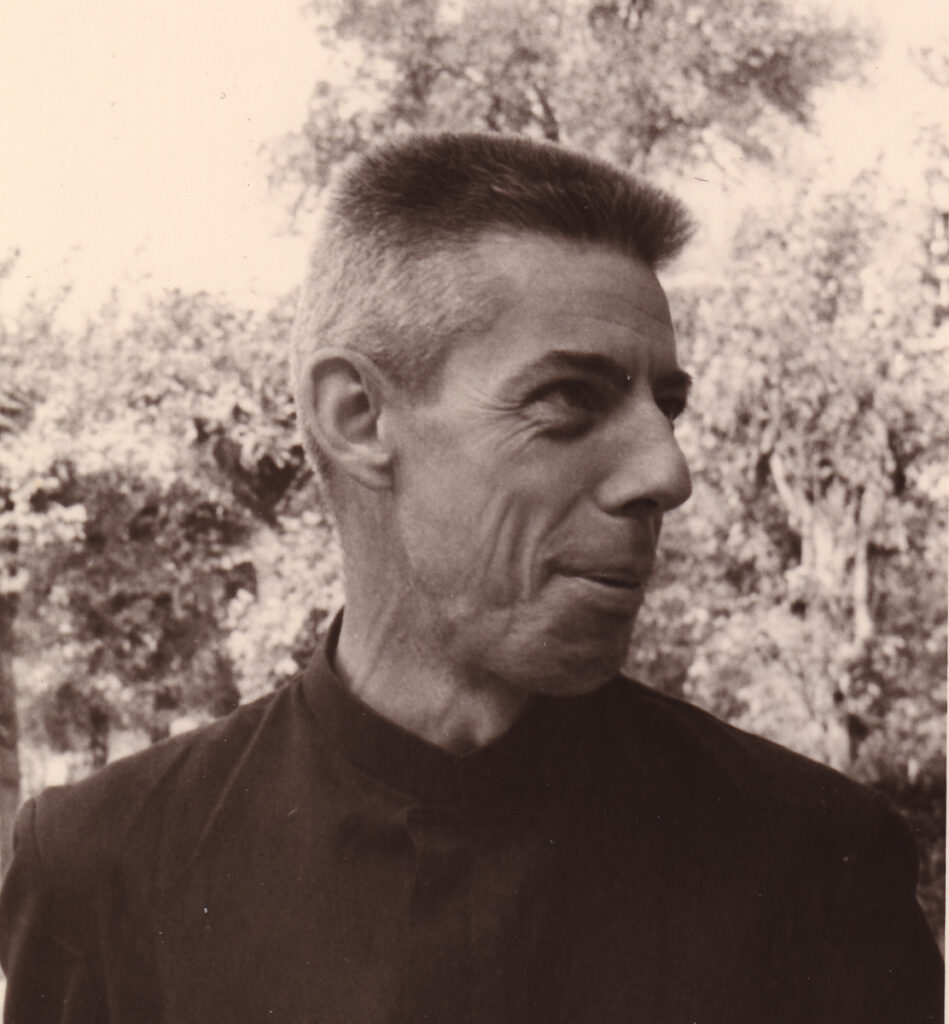By André Mary CNRS, published as part of the research theme “Missionary Anthropology,” directed by André Mary (CNRS)
See the article by clicking here.
It was as a Catholic missionary that Jacques Dournes (1922-1993) first traveled to Vietnam in the late 1940s, then under French colonial rule. He discovered his vocation for ethnology and left the missionary world to become a researcher at the CNRS in 1972. He pursued long-term monographic work on the populations of the South Vietnamese highlands, the Sré and the Jarai (jörai), developing linguistic, mythological, and ethnobotanical research in particular. He is the author of important essays on the function of mythical narratives in their oracular dimension and the journey through the Jarai imagination. He participated in the debates of the 1960s on Lévi-Strauss’ Mythologiques. His most famous work remains Pötao: A Theory of Power among the Jörai of Indochina, on the political system of chieftainship as opposed to that of the states of the plains, a form of gregarious anarchism found in James C. Scott’s Zomia or the Art of Not Being Governed (2009).
